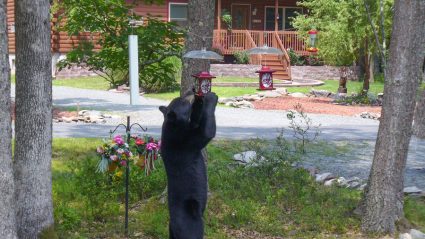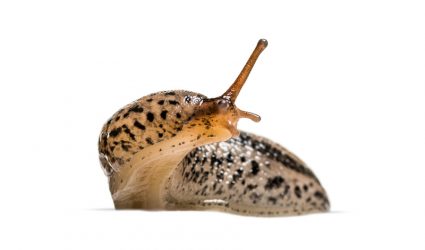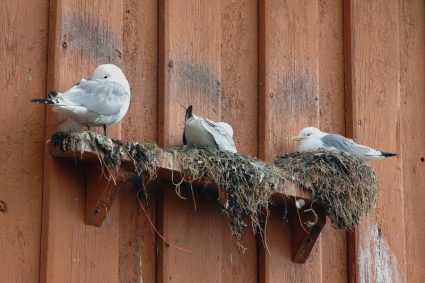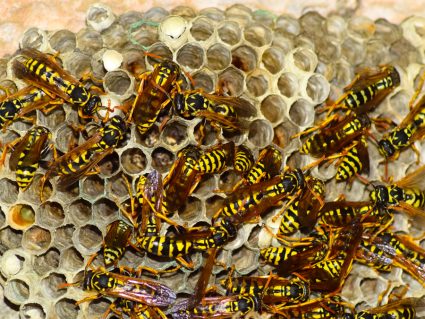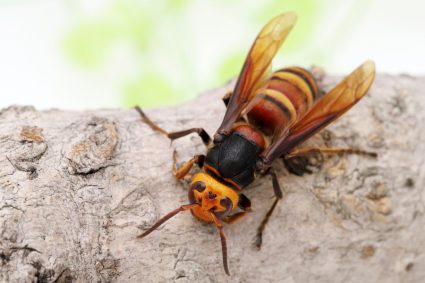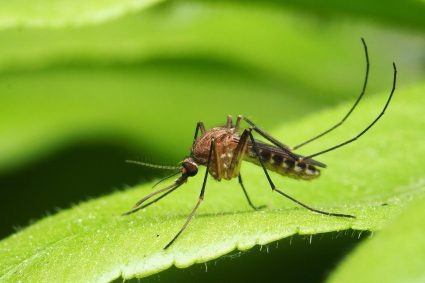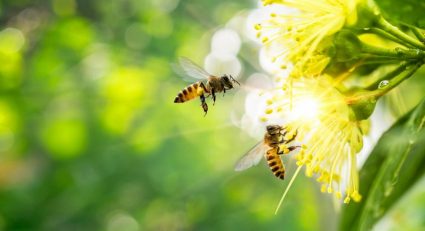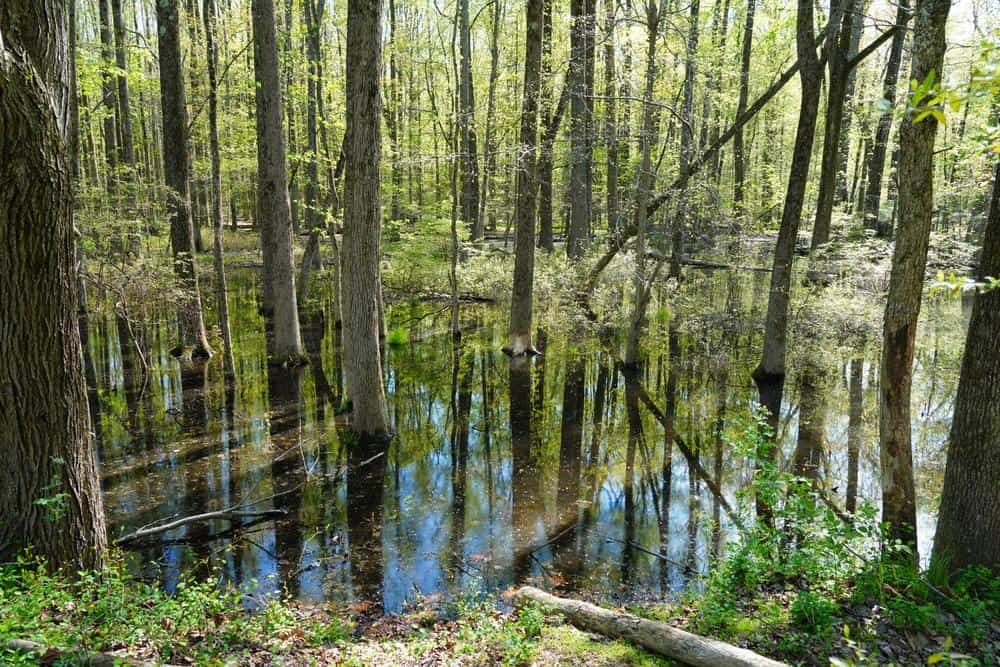
Skunks are notorious for the strong, pungent odor they emit when threatened. But beyond their infamous spray, these small mammals can cause significant damage to your yard. From digging holes in search of food to burrowing under structures, skunks can wreak havoc on your property. In this comprehensive guide, we will delve into the different types of damage skunks can cause and how to prevent and repair it.
Skunks can cause significant damage to your yard by digging holes in lawns while searching for food, damaging plants and gardens, burrowing under outdoor structures which can lead to structural damage, and posing indirect threats to other wildlife. They can also transmit diseases to humans and pets. Preventing skunk damage involves making your yard less attractive to them by removing attractants, installing fencing, using repellent sprays, controlling insects, and sealing foundation openings. Repairing skunk damage involves smoothing out the divots, filling them with soil, and applying grass seed and lawn fertilization products.
Skunk Damage to Lawns
One of the most visible signs of skunk activity is the damage they cause to lawns. Skunks are diggers and use their long claws to dig in the soil in search of their favorite foods – grubs, worms, and other insects.
The result? Small, 3- to 4-inch cone-shaped holes or patches of upturned earth scattered across your lawn. Skunks are nocturnal feeders, so this damage often happens overnight, making it seem like your lawn was suddenly tilled while you were sleeping.
Damaging Plants and Gardens
Skunks don’t stop at lawns. They can also damage plants and gardens while foraging for food. Low-growing plants and young seedlings are particularly vulnerable, as skunks may dig them up during their nocturnal hunts.
If you have a fruit or vegetable garden, skunks may be attracted to your produce. They are known to eat fruits and vegetables that are close to the ground, potentially causing significant damage to your garden.
Damage to Outdoor Structures
While skunks are not known for their climbing abilities, they are excellent diggers. They can burrow under buildings, sheds, and porches, which could lead to structural damage if the foundation shifts or cracks. Skunks may also chew through wood and siding to create their burrows.
Indirect Threats to Wildlife
Skunks can also pose a threat to other wildlife in your yard. They are known to prey on small animals such as rodents and ground-nesting birds and their eggs. Furthermore, their digging can disrupt the habitats of other wildlife and cause damage to plants that provide food and shelter for these animals.
Disease Transmission
In addition to physical damage, skunks can pose a health risk to humans and pets. They are carriers of several diseases, including rabies, leptospirosis, and tularemia. These diseases can be transmitted through bites, scratches, or contact with skunk feces or urine.
Preventing Skunk Damage
Preventing skunk damage involves making your yard less attractive to these creatures. Here are some measures you can take:
- Remove attractants: Secure your trash cans, avoid leaving pet food outside, and clean up any debris that could provide shelter for skunks.
- Install fencing: A fence that is at least 3 feet tall and buried about 8 inches into the ground can deter skunks.
- Use repellent sprays: Commercial repellents can sometimes discourage skunks from entering your property.
- Control insects: Reducing the population of grubs and other insects in your lawn can make it less appealing to skunks.
- Seal foundation openings: Prevent skunks from burrowing under your home by sealing all foundation openings.
Repairing Skunk Damage
If skunks have already caused damage to your yard, don’t despair. Start by smoothing out the divots left behind and filling them with soil. Then, apply grass seed and lawn fertilization products to regenerate the lawn.
While skunks can cause significant damage to your yard, with the right preventative measures and prompt action, you can protect your property and keep it in good condition.
Frequently Asked Questions
What are some signs of a skunk presence in my yard?
Some signs of a skunk presence in your yard include the smell of skunk spray, holes dug in your lawn, damage to low-growing plants and seedlings, and disturbances to your trash cans or outdoor structures.
What should I do if I encounter a skunk in my yard?
If you encounter a skunk in your yard, it’s important not to startle it as skunks spray when they feel threatened. Keep your distance, move slowly, and try to avoid cornering the skunk. If the skunk continues to be a problem, consider contacting a professional pest control service.
Are there any natural repellents that I can use to deter skunks?
Yes, there are natural repellents that can deter skunks. These include citrus peels, cayenne pepper, and ammonia-soaked rags. However, these methods may not be as effective as commercial repellents or professional pest control services.
Can skunks climb trees or fences?
Skunks are not known for their climbing abilities. They are primarily ground dwellers and prefer to dig or burrow. However, they can climb short distances if necessary, so a fence designed to keep skunks out should be at least 3 feet high and buried about 8 inches into the ground.
How dangerous are skunks to pets?
Skunks can pose a danger to pets. They are known to carry diseases like rabies, leptospirosis, and tularemia, which can be transmitted to pets through bites or scratches. It’s important to ensure your pets are vaccinated and to discourage them from interacting with wildlife, including skunks.

